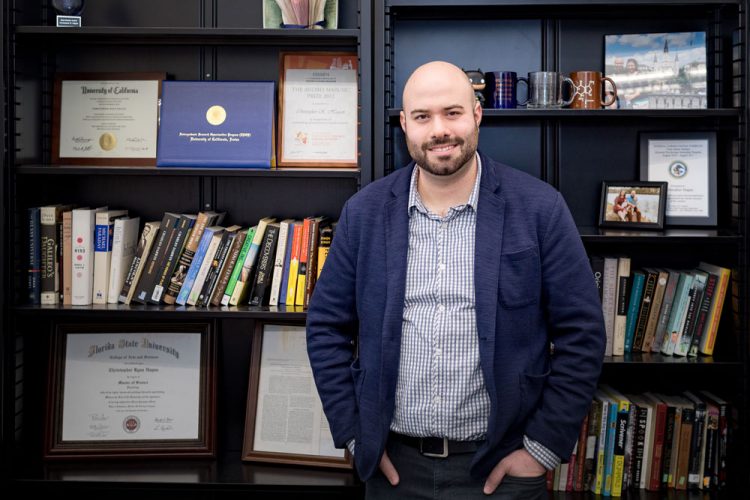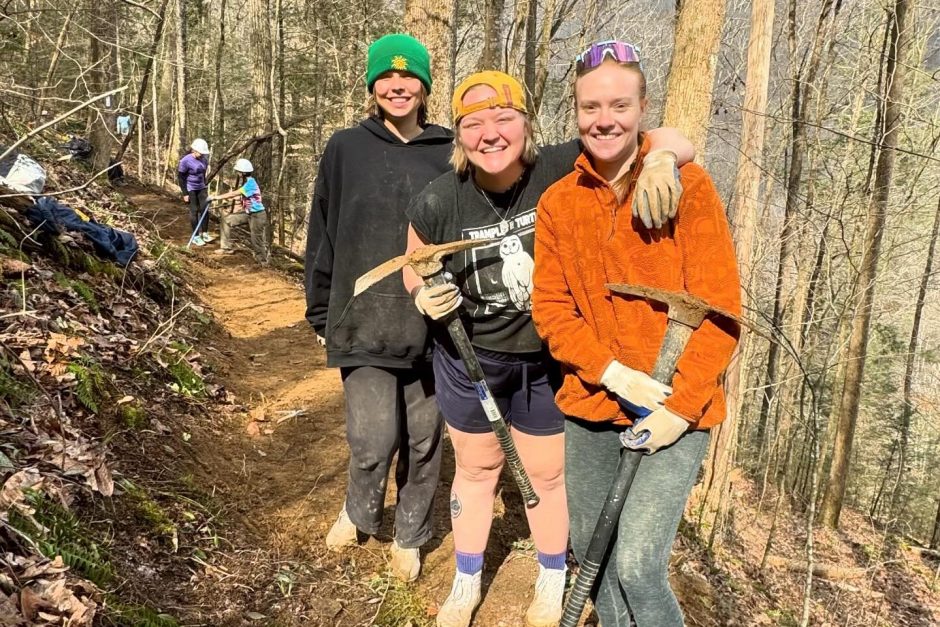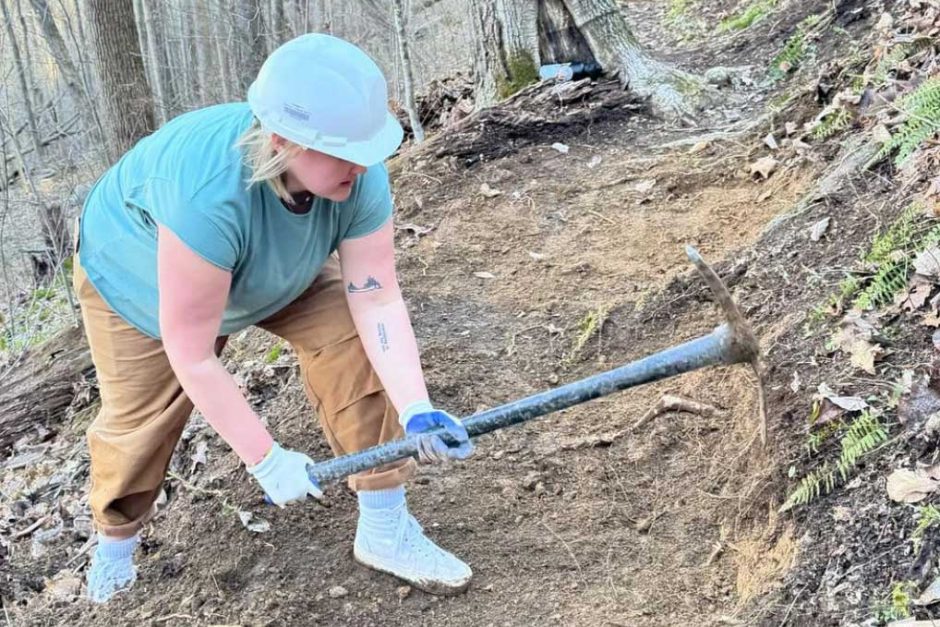Ask the Expert: Chris Hagan on suicide prevention
Over the past 20 years, suicide rates in the United States have gone up about 30%. We now lose nearly 50,000 Americans of all ages, races, genders, religions, economic statuses, and regions to suicide every year. Suicide is a growing, but preventable problem.

One of the areas of suicide risk that I primarily focus on is hopelessness. Much of my research addresses how we can better understand hopelessness and how we should be talking to patients, friends, and loved ones about feeling hopeless when we are concerned about them.
My research centers on figuring out what kinds of hopelessness are particularly risky. Of particular concern is interpersonal hopelessness, when people feel like they will always be a burden to those around them or will never have the kind of important relationships that they’re looking for.
If we can understand what makes people particularly vulnerable, clinicians like me can make this a focus in therapy. Additionally, friends and family members can feel empowered to help those that they care about by reaching out, being a support, and helping people to recognize their own important roles in the lives of their family and community.
We already know that those who feel lonely, especially those who feel like a burden to others, are at a higher risk for thinking about suicide. Helping people to feel and stay connected, especially in this time of social distancing and canceled events, is something that we can all do within our community of family and friends.
Other important steps include the safe storage of dangerous objects such as firearms, certain medications, and dangerous chemicals. This is especially true for firearms, which are used in over half of all suicides in America. Firearms don’t need to be taken away forever, but during times of crisis, storing firearms away from the home with a friend or at a gunshop, or at least storing firearms safely (i.e., unloaded and locked up) is an important and easy step to helping a loved one, including a child, survive a crisis.
If you or a loved one are struggling or need help, please text “HOPELINE” to 741741 or call the National Suicide Prevention Lifeline at 800.273.8255.



